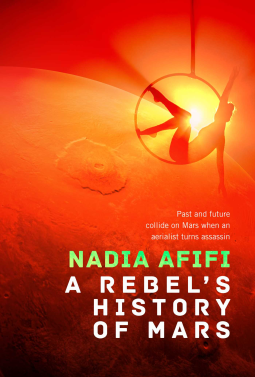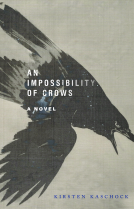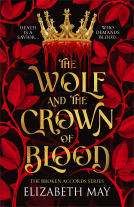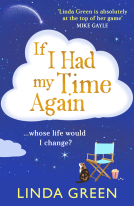
A Rebel's History of Mars
by Nadia Afifi
This title was previously available on NetGalley and is now archived.
Send NetGalley books directly to your Kindle or Kindle app
1
To read on a Kindle or Kindle app, please add kindle@netgalley.com as an approved email address to receive files in your Amazon account. Click here for step-by-step instructions.
2
Also find your Kindle email address within your Amazon account, and enter it here.
Pub Date 15 Jul 2025 | Archive Date 24 Aug 2025
Talking about this book? Use #ARebelsHistoryofMars #NetGalley. More hashtag tips!
Description
Kezza, an aerialist in the Martian circus, can never return to Earth – but she can assassinate the man she blames for her grim life on the red planet. Her murderous plans take an unexpected turn, however, when she uncovers a sinister secret. A thousand years into the future, Azad lives a safe but controlled life on the beautiful desert planet of Nabatea. His world is upended when he joins a crew of space-traveling historians seeking to learn the true reason that their ancestors left Mars. Separated by time and space, Kezza and Azad’s stories collide in the Martian desert.
Available Editions
| EDITION | Ebook |
| ISBN | 9781787589469 |
| PRICE | $4.99 (USD) |
| PAGES | 304 |
Available on NetGalley
Average rating from 28 members
Featured Reviews
 Evan L, Reviewer
Evan L, Reviewer
Like many books I read these days, Nadia Afifi's A Rebel's History of Mars follows two separate story strands and weaves them to a unified conclusion. The initial plot is a quest story, involving a doctor living in a regimented future interstellar colony, where humans like him are a underclass, subservient to more Vitruvius, evolved humans who developed after evacuating Mars. After witnessing the death of one of the supermen from a mysterious illness, he discovers a link to his missing sister and goes in pursuit, joking a band of rebel historians who seek to understand how their oppressive world came to pass. Afifi then segues to the story of Kezza, the titular rebel of Mars, who in an earlier time also contracts a mysterious illness (aha!) and sets off the events that bring the two timelines together.
This is a somewhat slow but satisfying book. The characters are well drawn, Afifi writes strong prose, and there is a good sense of cultural difference from today's standard Western European-driven tropes. I'm glad Flame Tree Press is out there, finding new authors and promoting their works. This is interesting, sophisticated, adventurous, and recommended.
 Jemima P, Reviewer
Jemima P, Reviewer
Sometimes when I’m reading science fiction I don’t understand what is going on. I find the best strategy is to continue reading until my brain adjusts to the concepts being presented. Sometimes I give up. The Rebel’s History of Mars kept me going, even though I kept getting mightily confused with the change of timeline. I’m not sure what might be confusing about Kezza on Mars in 2195 or thereabouts (date and location at each chapter heading), and Azad from Nabatean in 1200 (founding years).
Except… Kezza is very like Ledo, who Azad is searching for, and a whole load of people that Azad falls in with are searching the historical record for Kezza, and using a very interesting time projector to see what actually went on at various points in the past (but without sound). These leads to some repetition of events or significant features, that have different interpretations in one timeline and the other. I think.
The world-building is superb, save only for the confusion of names and similarities of symptoms, which make the reader think they’ve misunderstood. In fact, it’s only on reflection that I realise I wasn’t being stupid, there really were differences in the two strands which were down to different points of view and misinterpretation of available data. But it all comes well at the end. Exceptionally well, in one final respect.
Nadia Afifi has wrought an excellent unreliable narrator into her engrossing tale of the founding of Mars colonies by rich oligarchs who want to build a world of their own design. I’m only just beginning to realise just how good this book is, and I think I’ll go and read it again.
Readers who liked this book also liked:
We Are Bookish
General Fiction (Adult), New Adult, Romance
Philip Hoare
Arts & Photography, Biographies & Memoirs, Nonfiction (Adult)


















